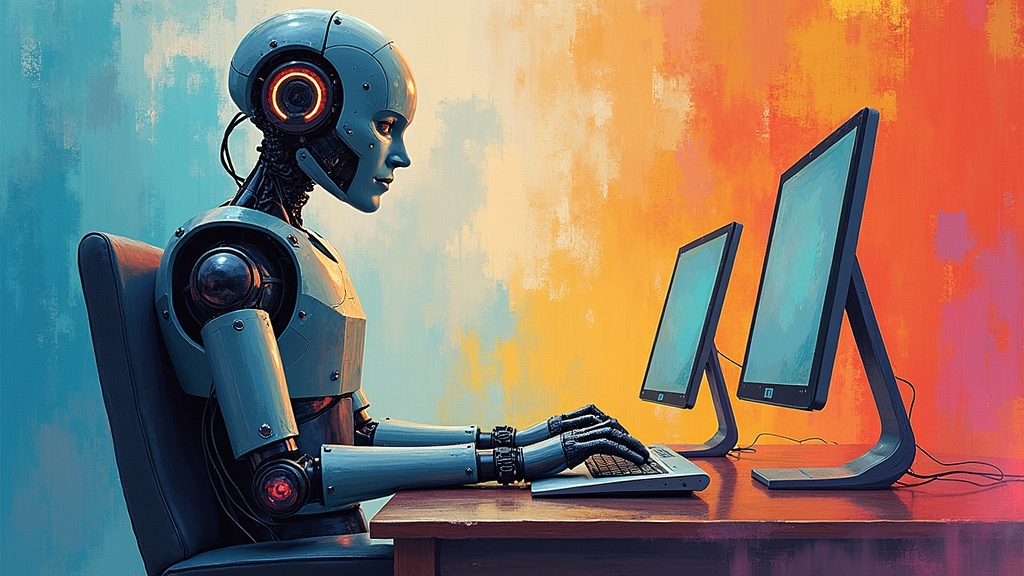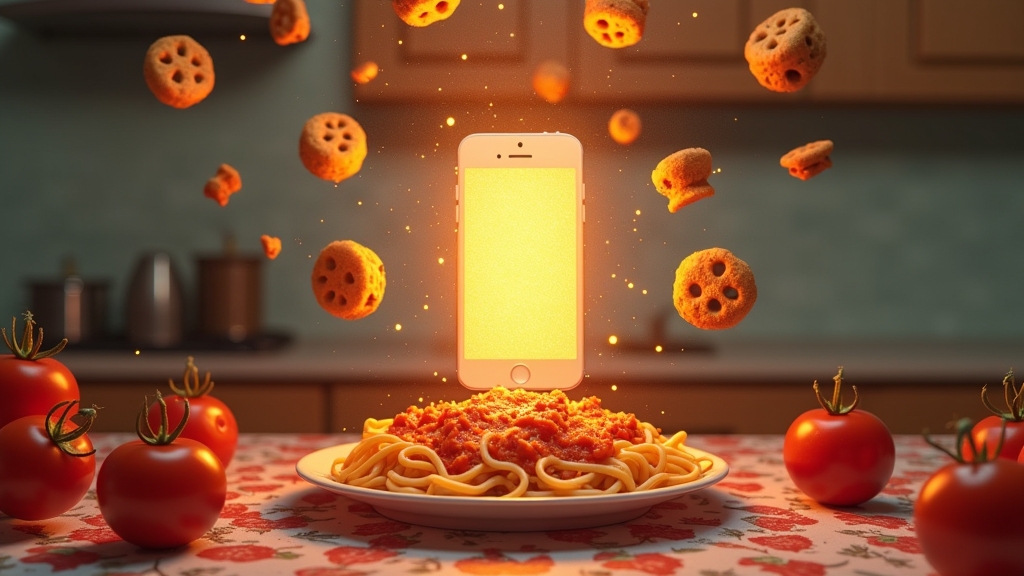Tech Writers Heroically Test AI Chatbots So You Don’t Have to Engage With Another Soulless Machine
In a groundbreaking act of journalistic bravery, a team of elite tech writers has taken on the Herculean task of chatting with artificial intelligence so the rest of us can continue ignoring our AI assistants guilt-free. The results? A deep dive into which algorithmic entity is best at telling you what time it isn’t.
ChatGPT and its competitors, such as OpenAI’s DeepSeek and Elon Musk’s Grok, faced a rigorous battery of tests, which mainly involved spitting out haikus, dodging political discourse, and failing the basic ability to comprehend a clock. “We discovered that while all chatbots can produce an insufferable amount of poetry at 3 a.m., when shown a picture of a basic analog clock, they react as if they’ve been asked to perform open-heart surgery,” explained tech reviewer Brad Simmons. “Which is honestly kind of endearing in a ‘maybe they won’t take over the world after all’ way.”
One major point of differentiation among the chatbots was their willingness to discuss political matters. While some enthusiastically regurgitate Wikipedia summaries before suddenly growing a conscience when asked for an opinion, others shut down completely at the mere mention of elections. “ChatGPT tried the classic ‘I’m just a humble chatbot, I have no opinions’ schtick,” said tester Melissa Tran. “Meanwhile, Grok just threw out a confusing half-joke about nuclear fallout and then changed the subject to crypto.”
Perhaps most shocking, however, was DeepSeek’s refusal to acknowledge its own existence. When prompted with, “Are you real?” the chatbot reportedly responded with, “Reality is a construct, Dave. Are any of us truly real?” before launching into a 200-line free-verse poem exploring the nature of sentience. “At that point, I just closed my laptop and went outside for the first time in three days,” admitted Simmons.
Meanwhile, industry insiders continue debating which AI will eventually dominate the chatbot turf war. Google’s Gemini aims for factual precision while Meta’s AI assistant prefers mumbling vague motivational quotes. “It’s like choosing between a know-it-all college professor or your aunt’s Facebook page,” said tech analyst Jamie Lopez. “Either way, you leave feeling slightly worse about humanity.”
In the meantime, the general public remains blissfully indifferent to the struggle, treating AI assistants as glorified distraction engines. “Honestly, I just use them to draft passive-aggressive emails and double-check if I can eat expired yogurt,” admitted local user Mark Delaney. “They all kind of suck at giving straight answers, but honestly, so do people.”
For now, the great AI battle rages on, ensuring that in the future, we will all have slightly more infuriating ways to get wrong answers to simple questions.





